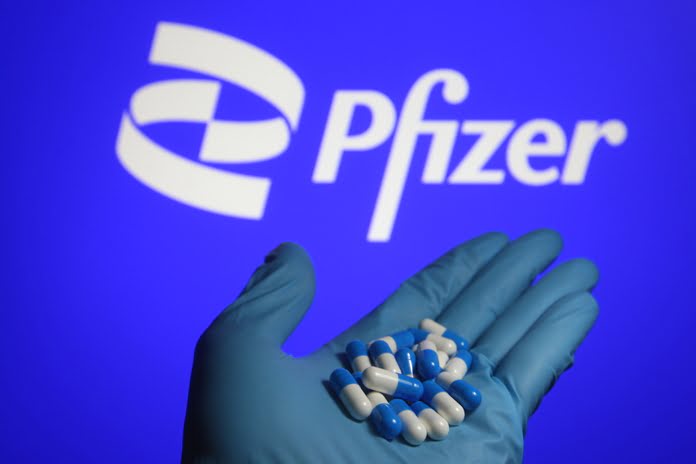Pfizer (NYSE:PFE) has experienced a substantial decline since its peak in December 2021, when its stock reached over $59 per share, primarily due to the COVID-19 vaccine surge that drove shares to historic highs. Fast forward to the present, and the stock has witnessed a significant 46% drop from those highs, landing it back to its 2020 levels, before the introduction of Pfizer’s mRNA vaccine to combat the COVID-19 pandemic.
Despite the resurgence of COVID-19 cases, particularly as winter approaches, Pfizer’s stock may not experience a substantial rebound. Vaccine and pandemic fatigue, combined with new strains of the virus, appear to be limiting the impact on Pfizer’s stock, which is currently trading at multi-year lows around $32 per share. However, the stock’s dividend yield has climbed to an attractive 5.08%, which may entice both value-seeking investors and income-focused individuals.
Nevertheless, there are concerns that Pfizer could remain a value trap for investors as its earnings decline, and the company faces a looming patent cliff. The stock has already experienced a significant decline ahead of this impending challenge. To counteract the erosion of earnings resulting from patent expirations, Pfizer has been actively pursuing acquisitions to bring in new cash-generative drugs. The company’s management anticipates that these acquisitions, which include the $43 billion purchase of Seagen (Seattle Genetics), will help mitigate the impact of the patent cliff, with projected sales of approximately $25 billion by 2030. However, the cost of these acquisitions and the need to complete several more before earnings decline significantly raise concerns.
While Seagen is a promising company with a strong cancer franchise and pipeline, the price Pfizer paid for it has raised eyebrows, as reflected in the market’s reaction to the deal. Synergies from the acquisition are estimated at around $1 billion, but it remains uncertain if Seagen alone can fully address Pfizer’s earnings challenges.
In addition to external acquisitions, Pfizer has been allocating a significant portion of its COVID-19 profits toward internal innovations, with approximately $7.8 billion in research and development for the first nine months of 2022. One noteworthy development is Pfizer’s pentavalent meningococcal vaccine candidate, which could potentially receive FDA approval as early as October 2023 and have a positive impact on the company’s stock.
Final Thoughts
Pfizer’s stock currently appears to be a wait-and-see proposition. Recent changes in the company’s R&D leadership don’t inspire strong confidence in its ability to reverse the tide. Despite the attractive dividend yield exceeding 5%, caution is advised, as the patent cliff poses significant challenges. While Pfizer is taking measures to address these challenges through acquisitions and internal innovations, a resurgence of COVID-19 may not provide substantial relief to the stock.
Featured Image: Megapixl















